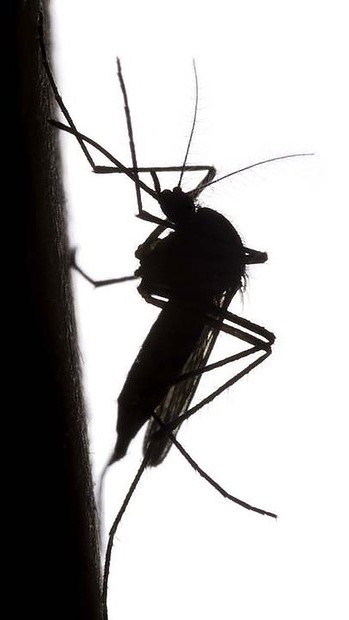Dengue vaccine to see deaths drop
 The world’s first dengue fever vaccine is now available.
The world’s first dengue fever vaccine is now available.
Experts say the exciting development will go a long way to alleviate the burden of the debilitating tropical disease.
The first dengue vaccine, CYD-TDV (Dengvaxia), should also be cost effective in settings where infections with dengue are common, according to a study published by Stefan Flasche from the London School of Hygiene & Tropical Medicine and an international consortium of dengue experts, in PLOS Medicine.
The researchers modelled the impact and cost-effectiveness of CYD-TDV over a 30-year post-vaccination period in a variety of epidemiological settings.
In settings with moderate to high dengue transmission intensity, i.e. where at least 50 per cent of children get infected with dengue before they are nine years old, they estimated that a routine vaccination policy involving a three-dose schedule in 9-y-old children at 80 per cent coverage would reduce the burden of dengue disease for the population by 6 per cent to 25 per cent and that vaccination would be potentially cost-effective if priced competitively.
However, in settings where dengue infections are uncommon, they identified a risk of potential increase in hospitalisations for dengue disease.
The findings have contributed to the evidence base that led the WHO to recommend countries consider the use of CYD-TDV only in settings with a high burden of dengue disease.
“Our results can guide countries on the general suitability of Dengvaxia introduction; however, local factors related to treatment costs, intensity of dengue transmission and age groups particularly exposed to dengue will need to be considered,” the authors say.







 Print
Print